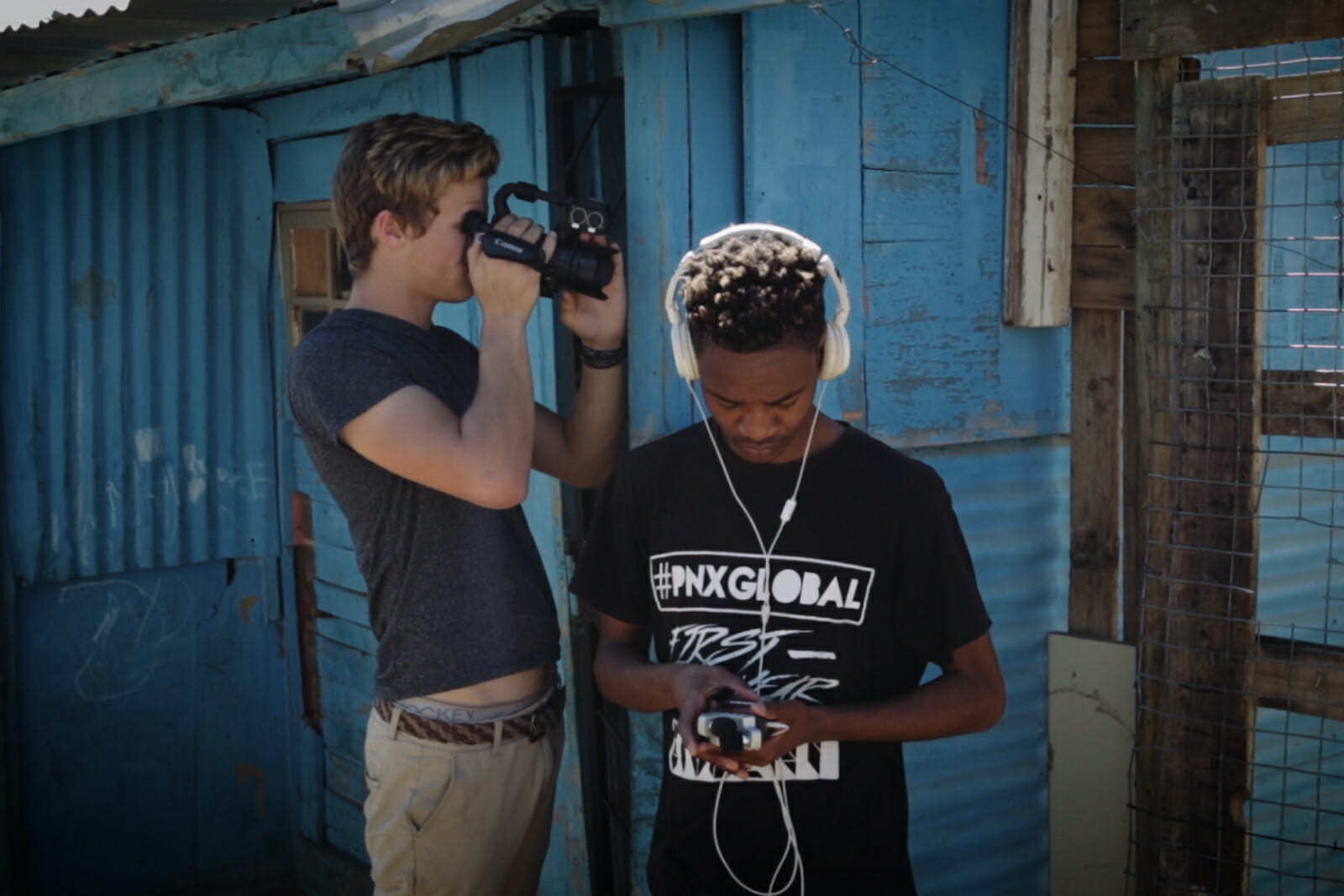
‘Film School Africa’ Review
The reason for the delayed release is unknown to me (it was filmed in 2017), but has no bearing on the inspirational message and story provided by Nathan Pfaff’s film, “Film School Africa”. In this era of divisiveness and distasteful comments and judgments, it’s a true pleasure to watch folks dedicating themselves to a cause that changes the lives of those less fortunate.
Between 1941 and 1991, Apartheid racially divided the country of South Africa. The line between rich and poor was almost exclusively black and white, and even 30 years later, many of the impoverished citizens have been unable to improve their standard of living. When hope is lost, all is lost. And hope is what Hollywood casting director Katie Taylor was offering when she founded Film School Africa (FSA). For those raised in poverty, filmmaking was never considered a viable career option – it was for “them” not “us.”
Ms. Taylor changed that in 2008 by offering eager youngsters the opportunity to learn filmmaking techniques. Her classes covered how to hold a camera, how to shoot a scene, editing techniques, how to effectively use music and sound, and the details of structuring a 3-act story. All of this was new to the first class of students, but the enthusiasm was infectious. It was clear, the class had made a difference for these students.
Eight years later, with a blossoming career in film, Ms. Taylor decided to leave it all behind and return to South Africa – making FSA her life’s work. She sensed that “Art Therapy” could not only turn the personal lives of these students into fascinating film projects, but more importantly the skills she was teaching could offer the students a path out of poverty. These personal lives included abuse, alcoholism, poor nutrition, and overall challenging family dynamics.
We also meet Marie, a professional film editor and native to South Africa. Her work with FSA began as something temporary where she was helping out, but evolved into her being someone the students and Katie depend on. The enthusiasm and energy of these students makes us excited for them. We look forward to seeing clips of their work, and mostly we enjoy watching as they take on new skills and learn the value of collaboration and teamwork.
When asked what they want to accomplish with filmmaking, the students’ answers include “be awesome” and “change the world.” They get it. They know film gives them a shot they never dared dream of. It’s easy to see that Katie Taylor has found her life’s calling, and the students show her the ultimate respect by giving her the title “sisKatie.” She is a mentor, yet so much more. One of the students describes her as becoming a mother to the black community. It’s people like Katie Taylor who give us hope that the racial divide may one day vanish.
